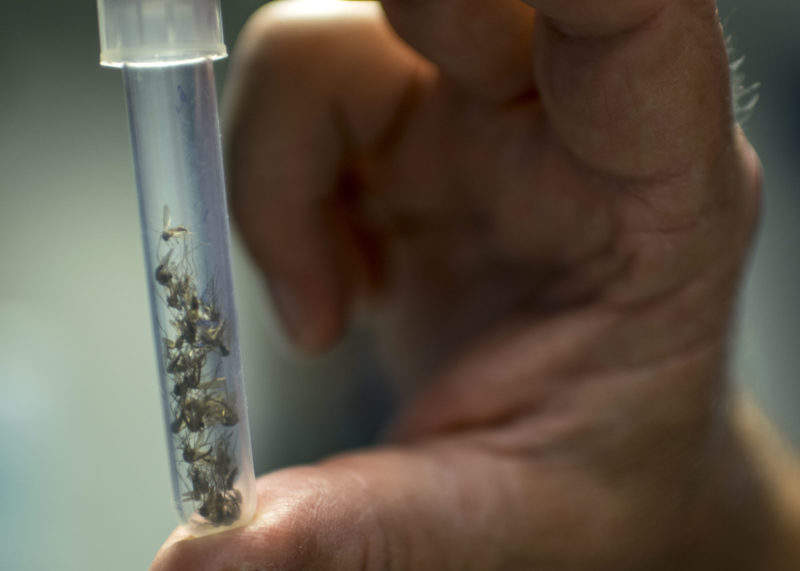Carbon dioxide (CO2) is the primary indicator used by female mosquitos to detect sources of blood meals; however, this stimulus is less effective as atmospheric levels of CO2 increase.
According to a recent study published in Communications Biology by Tang and colleagues, CO2 levels rising as a result of anthropogenic activity are correlated positively and very significantly (p < 2.2e-16) with increased rates of mosquito speciation, or diversity.
Study researchers constructed an evolutionary tree of mosquito species and plotted it against climate change trends to support these findings. An increase in diversity will also increase the probability of new carriers of infectious disease, with a particular concern for the transmission of malaria and potential for resurgence in regions where the disease has been eradicated.

Based on preliminary forecast data, GlobalData epidemiologists project the current burden of malaria across six major malaria-endemic pharmaceutical markets (6MM: Democratic Republic of Congo, Ghana, Kenya, Nigeria, India, and Indonesia) in 2017 (as shown in Figure 1).
Given that mosquito species are able to evolve and adapt to climate change rapidly, there lies an increased risk of disease transmission in the 6MM, as well as an increased risk for resurgence in countries that have eradicated or never reported cases of malaria. The findings from this study provide even more evidence for countries to participate in low-carbon lifestyles and underscore the importance of mosquito-borne disease surveillance.
How well do you really know your competitors?
Access the most comprehensive Company Profiles on the market, powered by GlobalData. Save hours of research. Gain competitive edge.

Thank you!
Your download email will arrive shortly
Not ready to buy yet? Download a free sample
We are confident about the unique quality of our Company Profiles. However, we want you to make the most beneficial decision for your business, so we offer a free sample that you can download by submitting the below form
By GlobalData







